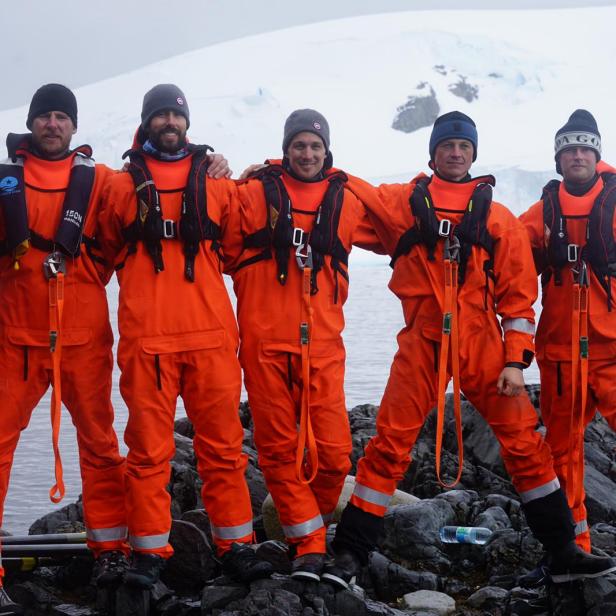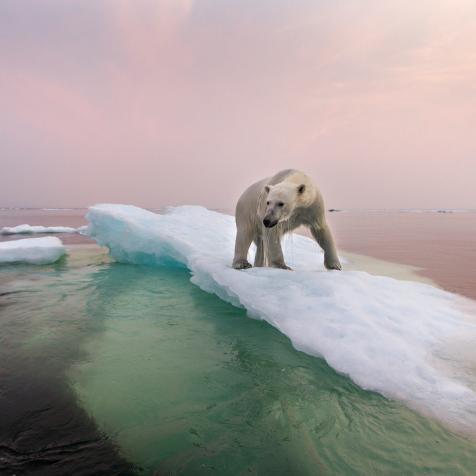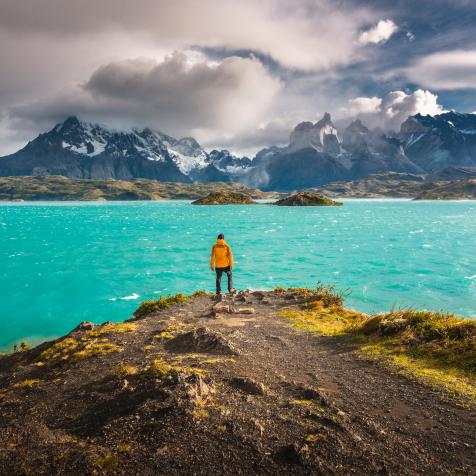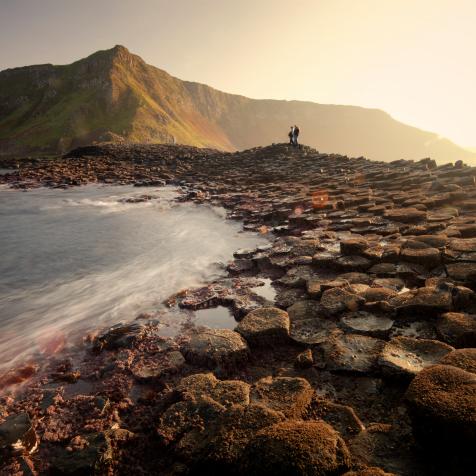
What 200 Hours of Rowing Does to the Human Body
The Impossible Row team burned through over 100,000 calories each from start to finish.
After 12 days of completely human-powered rowing across the treacherous Drake Passage, The Impossible Row team tested the limits of their physical strength in a 29-foot rowboat called the Ohana.
Led by Colin O'Brady and Icelandic athlete Fiann Paul, the team worked 24-hours-a-day, rotating around the clock, with very little sleep as they persevered over 600 miles of earths iciest waters between the Southern tip of South America and the edge of Antarctica.
All the rowers stand between 6’-6’3” in height and each person ate between 7-8k calories per day, burning around 10k calories. Altogether the team lost 39 kilos in 12 days. The biggest weight change was seen with Andrew Towne with 10 kilos lost (1 kilo is equal to about 2.2 pounds). Co-captain Fian Paul had the least amount of weight change with only 2 kilos lost.
Weight in Kilos (Before/After)
Andrew Towne: 88/78
Jamie Douglas-Hamilton: 77/69
Cameron Bellamy: 101/93
John Petersen: 91/84
Colin O’Brady: 79/75
Fiann Paul: 86/84
Meet The Rowers 9 Photos
Get to know the elite rowing team behind The Impossible Row.


















